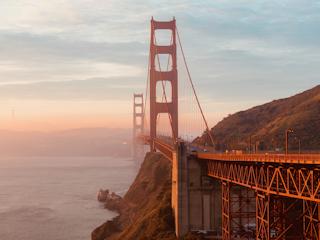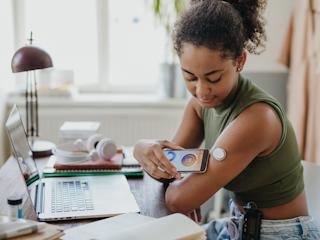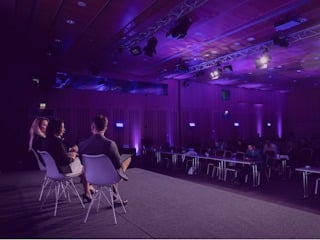In 2017, Decathlon rose to France's top spot in YouGov's "Best Brands" ranking, which measures how popular brands are. And virtual reality, installed in 14 French stores and in many others this summer, may well pay off. Stores that applied to have VR - the retailer wanted to be certain they were motivated -, are not sorry they did, now that they can have customers visit all 14 tent models in the blink of an eye. The lack of this feature used to be "the main factor holding back sales," exclaims Nathalie Beugé, Quechua/Decathlon Camping Digital Communication & e-commerce manager. Imagine day in day out, a sales person has to unpack and pack up a tent again before unpacking another because there's not enough space… With this latest feature, not only can customers have fun visiting a tent and see every last detail wearing a VR helmet and in real life situations like in a desert, mountains or forests, but they can also compare it with other models. Beugé explains that in-store it is always the cheapest models that are on display because they are smaller, and it is hard to display and explain more advanced models' latest features such as higher protection against UV, heat, rain, etc.
A sales boosting device for a pretty complex product
Thanks to introducing VR, customers can now view the Quechua tent range in selected backgrounds by adjusting the VR brightness and weather conditions. Equipped with HTC helmets provided in-store, customers can find out the features of the life-size tents displayed in VR backgrounds very close to reality. VR really does boost sales by "plunging customers into another world, in a holiday situation, where they can see the tent in real life conditions," says Pascal Malotti, VP advisory and marketing of digital marketing agency Valtech, which developed VR together with Decathlon. "In the last three years VR has come on leaps and bounds. Nowadays, you don't feel sick any more. The technology is more mature" he adds.
MVP, surveys and agility
Before launching big time, Decathlon trialled an MVP (minimum viable product) in two stores and conducted hundreds of surveys with customers and sales people. The specifications were then adjusted based on the results, which "were extremely positive", enthuses Beugé. Following the results they added pitching and taking down tents and even their measurements. "The entire development was based on trial and error. In just three months, it was done and dusted", add the two managers. Now, Beugé can monitor use of VR remotely via a kind of CMS, to see for example if it has been switched on, or to deliver a new feature once available. It is noteworthy that over 95% of users recommend this new shopping experience.
How was the project organized? "Without really wanting to, we applied the same approach as for the Lean program combined with remote management," answers Beugé. Decathlon and Valtech technicians and operational staff were involved and development was done in Montreal Canada- "We ended up only having to train one team". "We spend all our time on Hangout or Skype". An agile approach for a "liberated business".
Many other French and European stores (roughly 50) will be equipped with VR, without rushing so as to train staff well and ensure they have fully bought into the project, which has turned out to be very big. Indeed the project is practically unprecedented and is backed by constantly striving to improve VR device quality.



